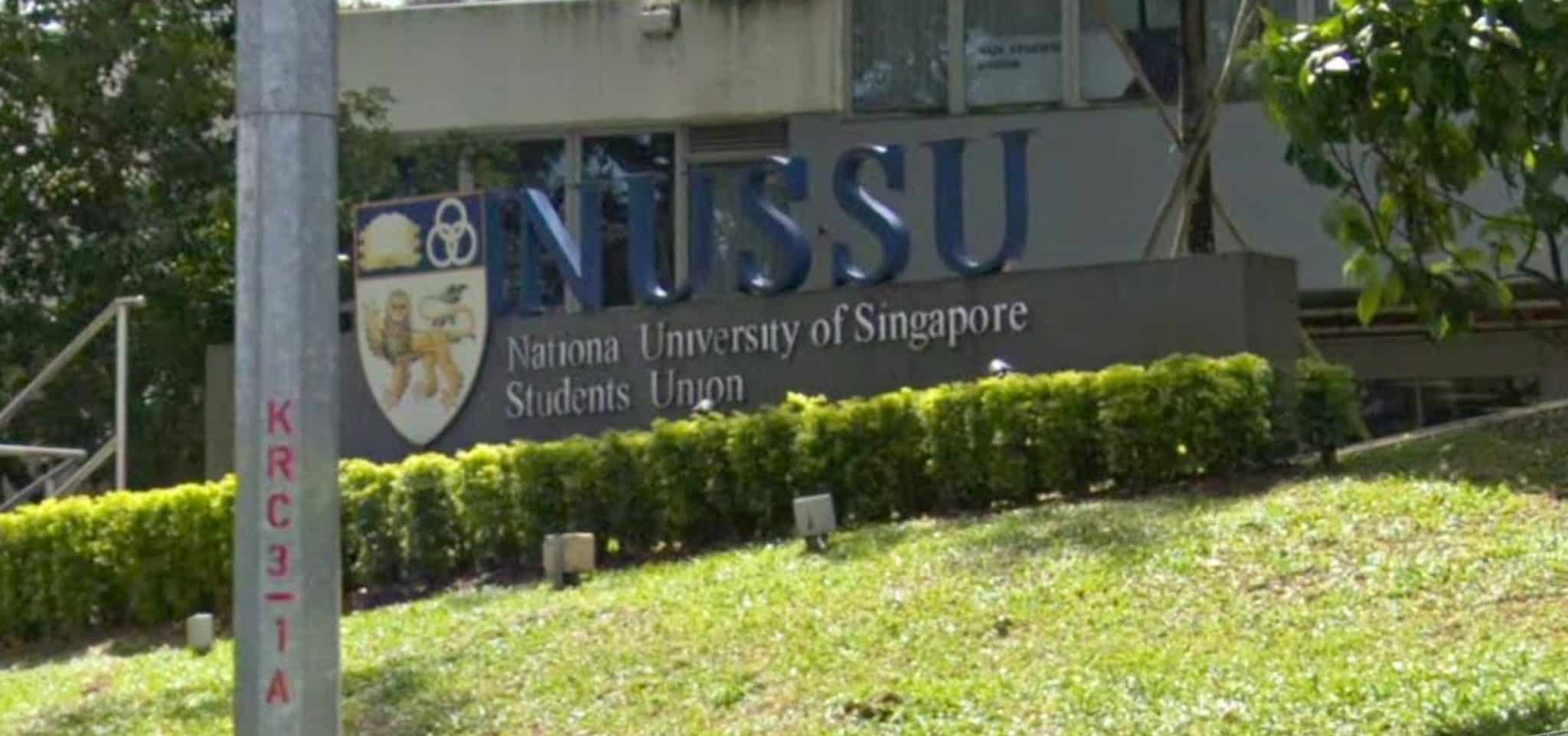By Howard Lee
The Online Citizen conducted a Policy Exchange discussion on the Central Provident Fund last Saturday, with members of political parties represented and a general agreement that the current CPF system as it is needs to be taken apart in order to meet the pension needs of citizens.
In addition to the need to divorce the CPF as a retirement scheme from its other functions of providing for citizens’ housing and healthcare needs, panel members advocated for more flexibility in how citizens manage their own money, more choice in investment options to build their retirement nest-eggs, and reduce the uncertainty of the minimum sum for what should really be an assured subsistence quantum.
The Reform Party was represented by Mr Kenneth Jeyaretnam, while Dr James Gomez presented the Singapore Democratic Party’s position on CPF. Dr Paul Tambyah, Mr Goh Meng Seng and blogger Ariffin Sha also participated to offer their personal views on the issue.
The panel noted that citizens were concerned about the minimum sum because it was a “moving goal post” that many felt they were unlikely to reach by the time they retired. Panel members felt that this, and the lack of transparency over how the funds are managed by the government, has led to a waning trust in the government’s right and ability to manage the pension scheme.
Concerns were also raised about how allowing citizens to use their CPF for a myriad of other expenses, particularly high-cost items like housing and healthcare, led to rising costs and over-utilisation in these two areas of expenditure.
This leads to further depletion of CPF funds and even less confidence among citizens about the adequacy of CPF to support them at old age.
Panel members called for a separation of funds to cater to citizens’ pension, housing and healthcare needs, and to also allow the private sector to offer competitive schemes to support these needs.
They agreed that while the government should provide a basic pension for subsistence, citizens should be given more choice and flexibility in how they wish to invest their money to help build up additional pension funds. This includes investment schemes that have varying levels of risk and returns.
Pension schemes from Norway, Australia, Thailand and Hong Kong were also mentioned. While no panel member indicated any one scheme as ideal, there was general agreement that certain best practices can be gleaned from each of them for Singapore’s model.
A few voices were noticeably missing from the discussion. Blogger Roy Ngerng accepted the invitation, but was unable to attend due to illness. Manpower Minister Tan Chuan-Jin and Chief Executive Officer for CPF Board, Mr Yee Ping Yi were also invited to attend, but both declined without sending a deputy.
The full exchange can be viewed in the recording below.
[youtube id=”SmViCNPF_vc” align=”center”]
Subscribe
Login
0 Comments





